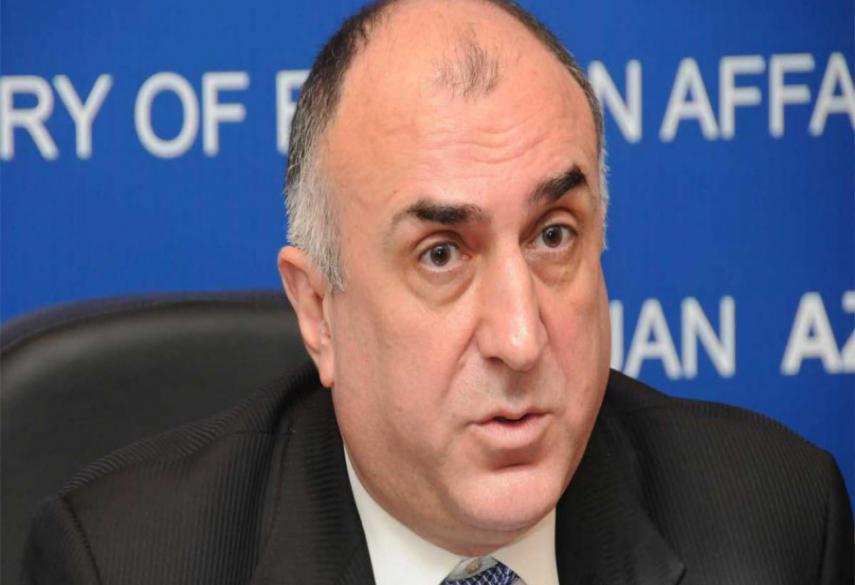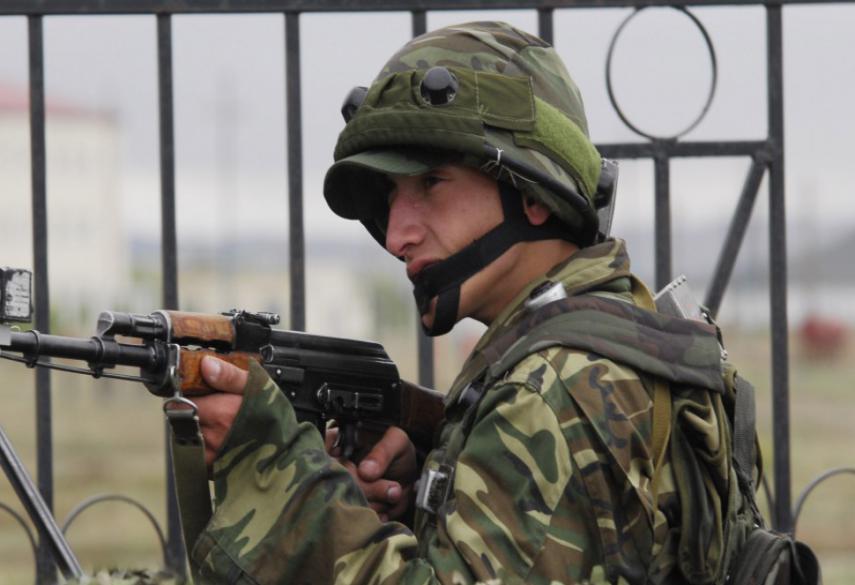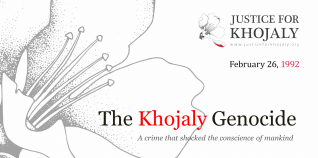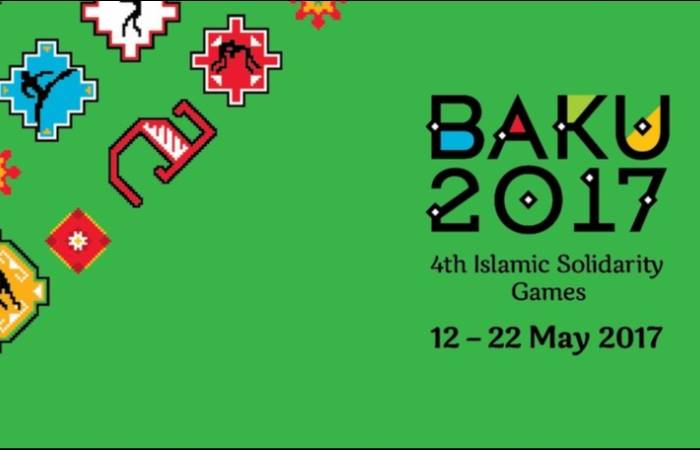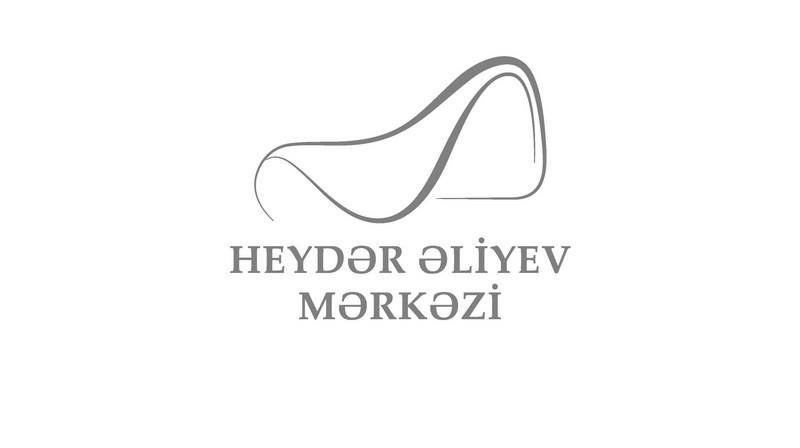The News: The world must take an affirmative stance to force Armenia to be accountable for the Khojaly slayings
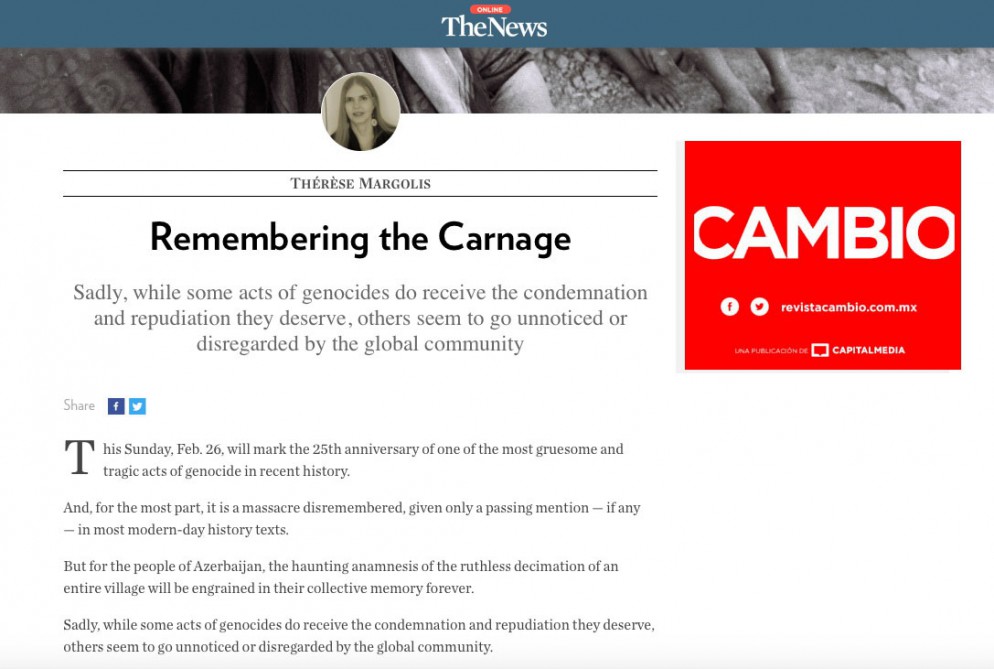
Mexico-based “The News” newspaper has published an article commemorating the 25th anniversary of Khojaly genocide.
Authored by editor-in-chief of the newspaper Thérèse Margolis, the article is headlined “Remembering the Carnage”.
“This Sunday, Feb. 26, will mark the 25th anniversary of one of the most gruesome and tragic acts of genocide in recent history. And, for the most part, it is a massacre disremembered, given only a passing mention — if any — in most modern-day history texts. But for the people of Azerbaijan, the haunting anamnesis of the ruthless decimation of an entire village will be engrained in their collective memory forever. Sadly, while some acts of genocides do receive the condemnation and repudiation they deserve, others seem to go unnoticed or disregarded by the global community,” she says in the article. “Twenty-five years ago, during the Nagorno-Karabakh War, Armenian troops invaded Azerbaijani territory and razed the town to the ground, mercilessly butchering 613 innocent civilians, 83 of whom were children under the age of 14. Additionally, more a thousand ethnic Azerbaijanis were severely wounded, another thousand were taken prisoners. And 150 civilians were never accounted for. The brutality of the incident included unthinkable acts of maiming and dismemberment.”
Margolis says: “The crimes against the people of Khojaly were and are crimes against all humanity, and the intention of the Armenians was clearly to wipe that village and its population off the face of the map.”
“But the world must take an affirmative stance to force Armenia to be accountable for the Khojaly slayings and thus remove one of the major obstacles to reconciliation between Armenia and Azerbaijan by helping to open the way for healing between the two nations and bringing about a just settlement of the conflict. In the meantime, Armenia, arrogant as ever, continues to occupy a full 20 percent of Azerbaijani territories in direct defiance of international efforts to encourage its withdrawal, and more than one million Azerbaijanis are refugees, driven from the occupied homeland,” she says.






